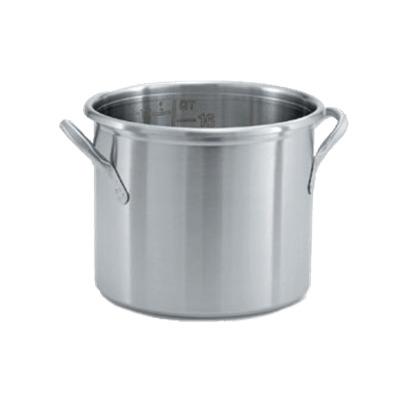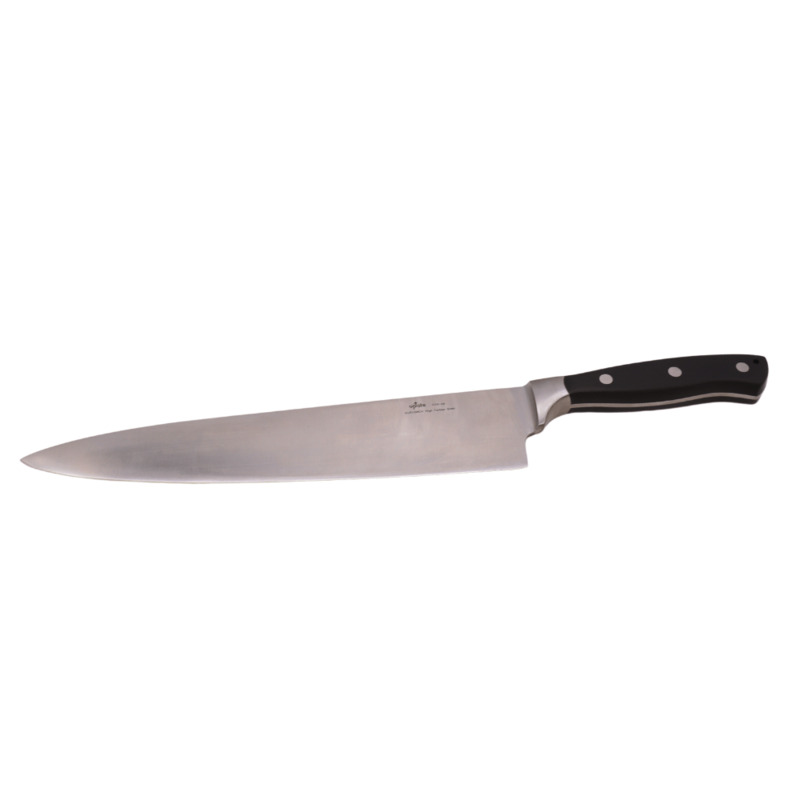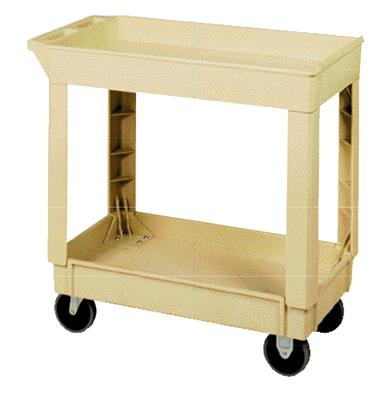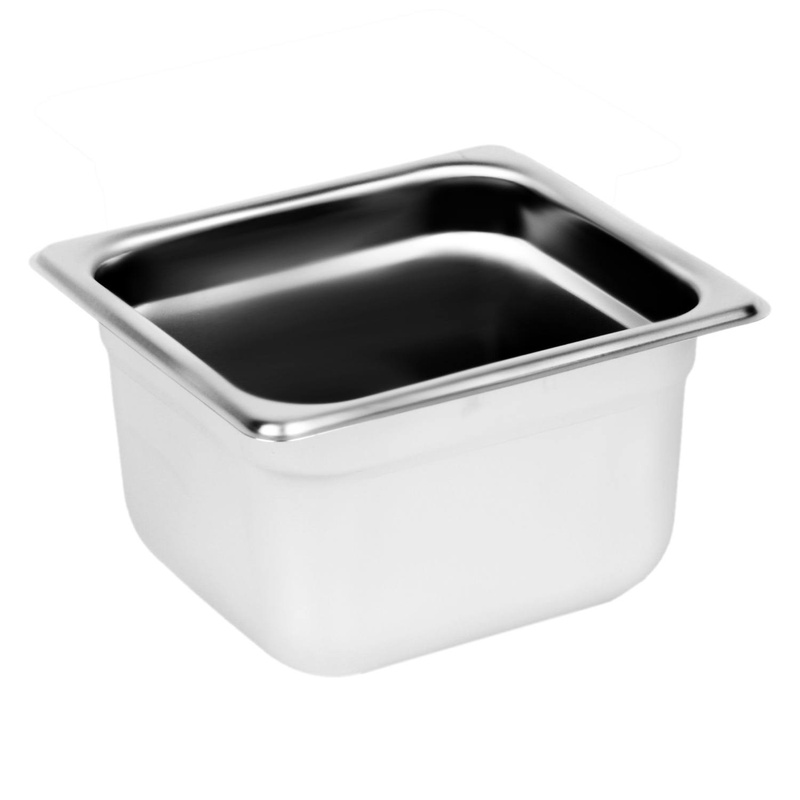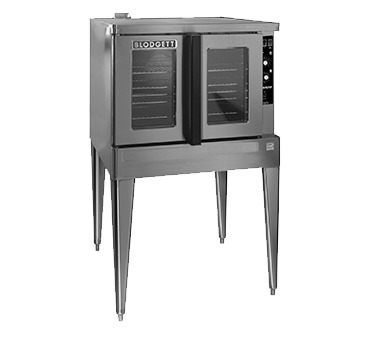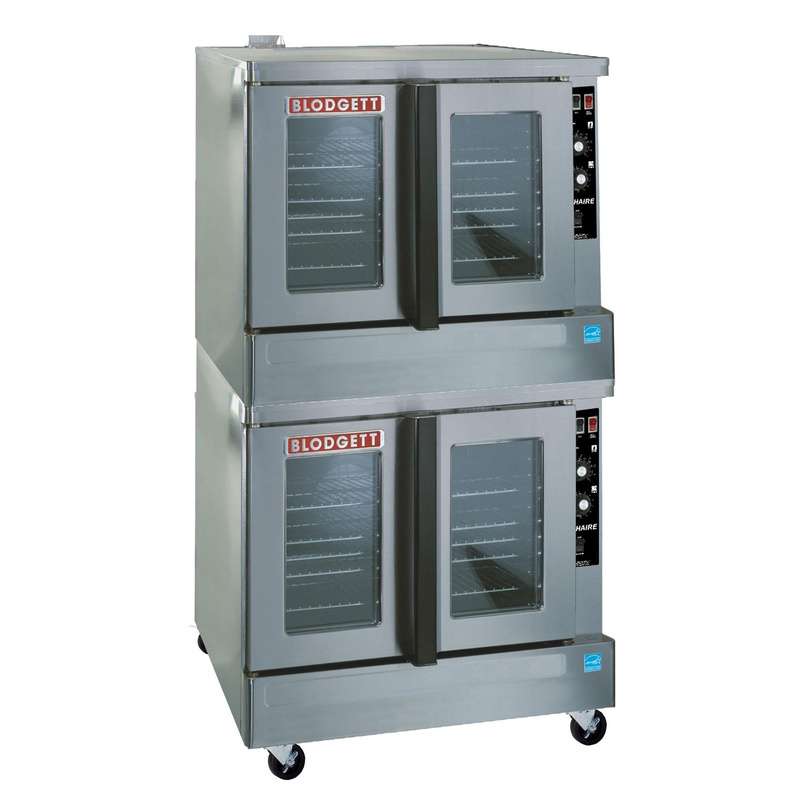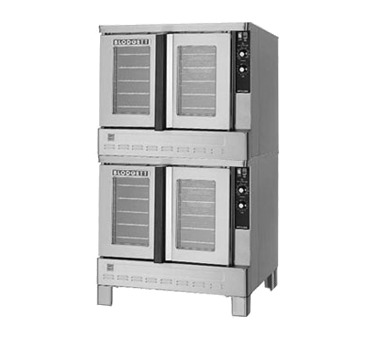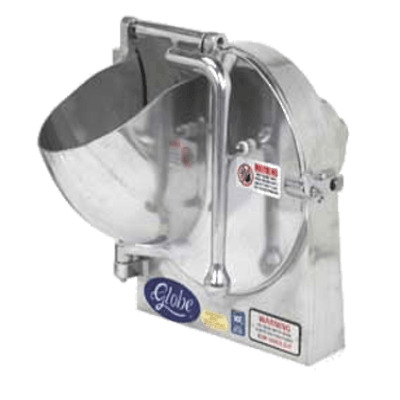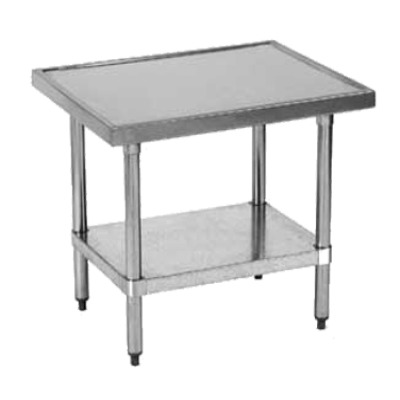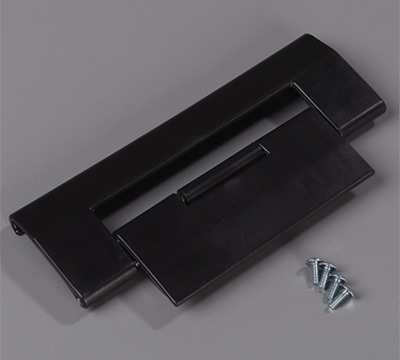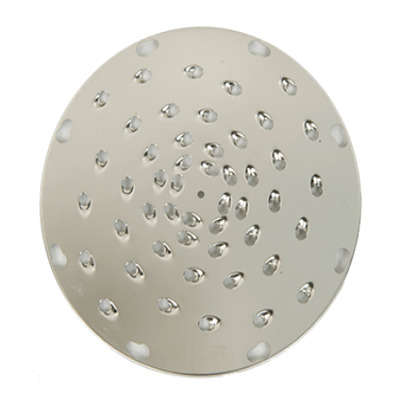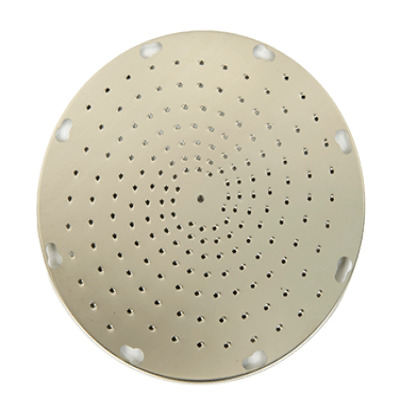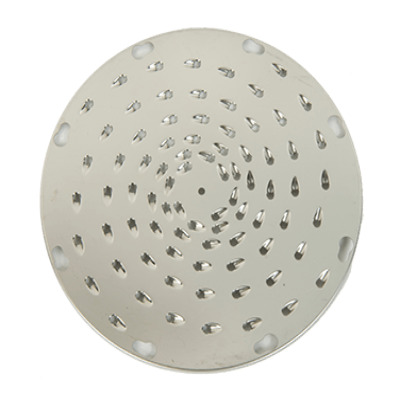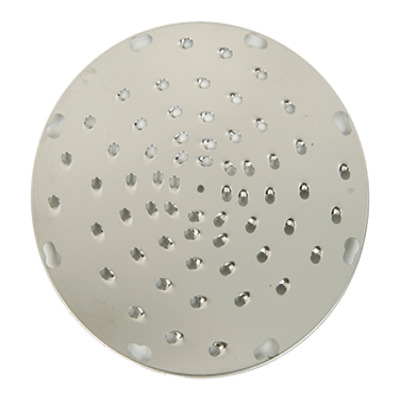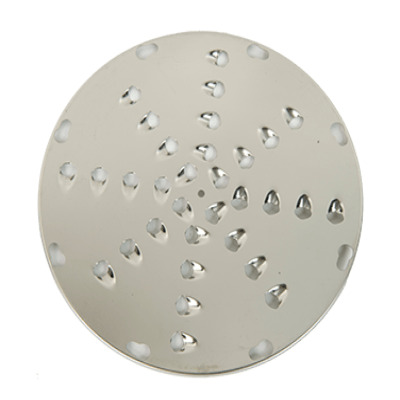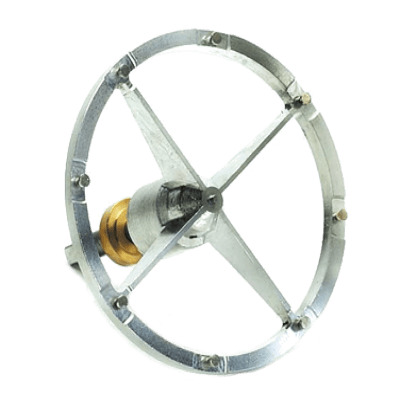Maintaining commercial refrigeration is essential to ensure food safety, extend the lifespan of the equipment, and save energy costs. As we move into spring and summer, it's time to pay attention to seasonal changes and perform some maintenance tasks to keep your refrigeration units running smoothly. Today, we'll review some tips on how to properly maintain commercial refrigeration.
1. Clean the coils and condenser: Dust and dirt can accumulate on the coils and condenser of the refrigeration unit, reducing its efficiency and increasing energy consumption. Use a soft brush or vacuum to remove the debris and clean the coils and condenser regularly.
2. Check the door gaskets: The door gaskets play a vital role in keeping cold air inside the refrigeration unit. Check the gaskets for cracks or tears and replace them if necessary. Also, make sure the door is closing properly and adjust the hinges if needed.
3. Monitor the temperature: Check the temperature regularly with a thermometer and adjust the thermostat if needed. In the spring and summer, the ambient temperature may increase, affecting the temperature inside the unit. Therefore, it's important to monitor the temperature more frequently during these seasons.
4. Organize the inventory: A well-organized inventory not only helps with food safety but also increases the efficiency of the refrigeration unit. Arrange the products in a way that allows for proper airflow and easy access. Also, make sure to rotate the inventory regularly to avoid food spoilage.
5. Schedule professional maintenance: Professional maintenance is essential for the longevity of the refrigeration unit. Schedule regular maintenance with a professional technician to check the refrigerant levels, compressor, and other components.
Maintaining commercial refrigeration is crucial for food safety, energy efficiency, and equipment longevity. With the seasons changing into warming months, it's essential to perform some maintenance tasks to keep your reach-in freezer running smoothly. By following these tips, you can save energy costs, extend the lifespan of your equipment, and provide safe food for your customers.

